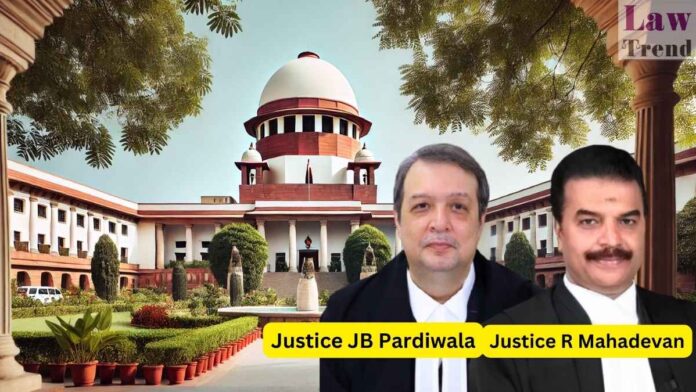In a landmark ruling, the Supreme Court of India, in Om Prakash Ambadkar vs. State of Maharashtra & Ors. (Criminal Appeal No. 352/2020), clarified the procedural changes introduced in the new Bharatiya Nagarik Suraksha Sanhita, 2023 (BNSS) concerning the powers of Magistrates under Section 175(3), which replaces Section 156(3) of the Code of Criminal Procedure,
To Read More Please Subscribe to VIP Membership for Unlimited Access to All the Articles, Download Available Copies of Judgments/Order, Acess to Central/State Bare Acts, Advertisement Free Content, Access to More than 4000 Legal Drafts( Readymade Editable Formats of Suits, Petitions, Writs, Legal Notices, Divorce Petitions, 138 Notices, Bail Applications etc.) in Hindi and English.




